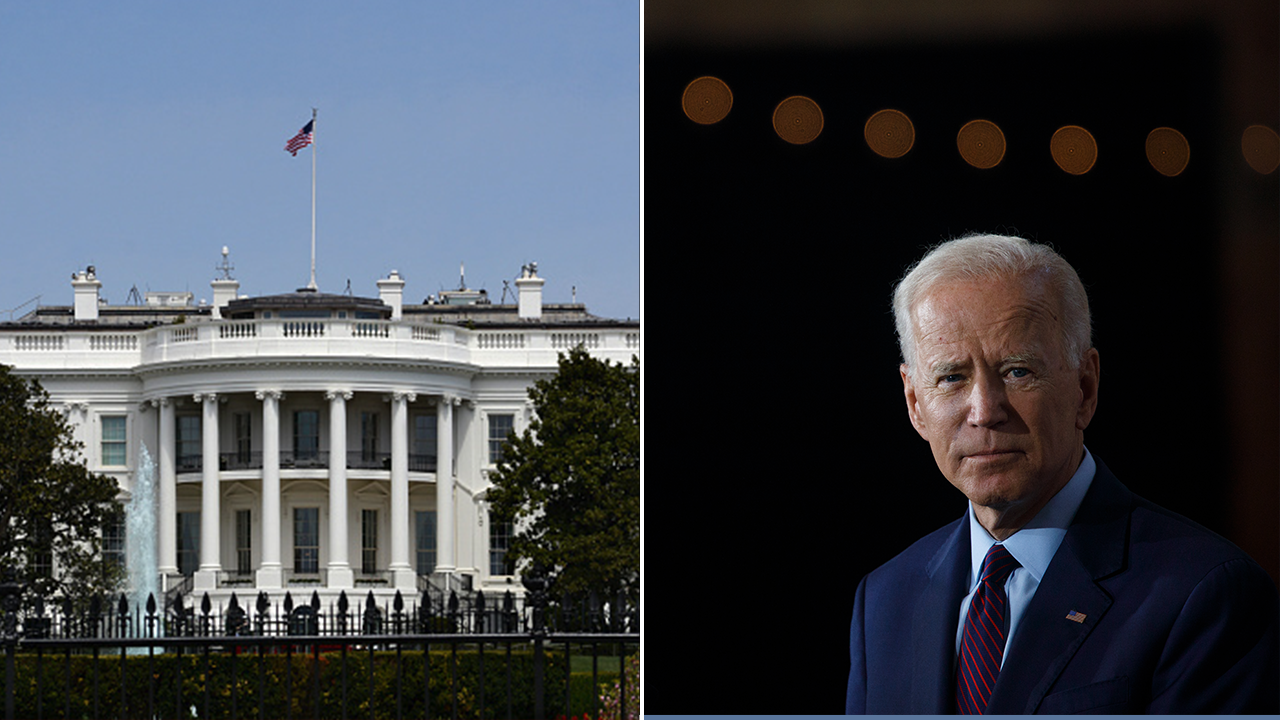In table tennis, has been the undisputed number one for decades, success that has been supplemented to a certain extent by regional neighbors. Now though, the rest of the world, led by Europe, wants to catch up to truly take the sport to the next level and increase its popularity on all continents.
“Historically, table tennis has been seen as an Asian-dominated sport, largely due to China’s enduring excellence and its deep cultural connection to the game,” World Table Tennis (WTT) CEO Steve Dainton told DW.
and changing this perception will not be easy.
The country’s love affair with the sport started in 1959, when Rong Guotuan won the world championships in Dortmund, Germany, and became a national sensation. Two years later, China hosted the event. Since ping-pong entered the in 1988, the country has won more medals than the rest of the world combined. After the 2008 Beijing games when the host nation managed a podium sweep –winning gold, silver and bronze – in both the men and the women’s events, the rules were changed so each country could only enter two athletes.
“There’s a deeply ingrained culture and infrastructure around the sport, with systematic training programs and a strong pipeline for identifying and developing talent from a young age,” Dainton said.
“Chinese players benefit from world-class training facilities and a high level of competition, even domestically,” he added. “Additionally, they’re motivated by an immense national pride in maintaining this legacy, which has produced several generations of highly skilled players.”
Learning from China
Yet China’s dominance, epitomised by Wang Chuqin and Sun Yingsha, the number one WTT-ranked male and female players respectively, can help others as it sets clear standards and a road map to success.
“China has always set the bar in table tennis, especially in their training intensity and dedication to perfecting every aspect of the game,” Omar Assar, an player based in Germany, told DW. The world number 20 lost to Wang and Sun in the mixed doubles at the Paris Olympics.
“Every match against the top Chinese players feels like an intense learning opportunity. They bring such precision and discipline to the table, which pushes me to elevate my own game.”
Despite Assar’s loss, there were other signs of progress for the rest of the world at the Olympics in 2024. While China took all five gold medals, Wang was defeated in the men’s singles by Sweden’s Truls Moregardh.
Long-term goals
There is no shortcut to success however as Sofia Polcanova, one of only two non-Asian women in the top 15 players in December (China has the top five), knows well.
“From observing the precision and discipline in Asian table tennis, particularly China, there’s a lot we can draw from when building programs here,” Polcanova, who was born in but represents Austria, told DW.
Following China’s lead in making tables readily available in schools and around cities is just a start. “For , I believe there’s potential to emphasise youth development even more, ensuring that young players are exposed to international competition early,” Polcanova, European champion in 2022, said.
As well as the example of China and its long history and culture, technology can also help.
“Young players and coaches now have access to endless online resources—training sessions, match footage, and strategies on platforms like YouTube,” Patrick Franziska, a German player placed 12th in the men’s rankings, told DW. More accessibility means more talented players.
“It allows them to study, learn, and improve faster. With more young players getting involved and more people enjoying the sport, I think European table tennis will only continue to strengthen.”
Competition brings fans
There may be 1.4 billion people in China but bosses believe that more competition would help increase the sport’s popularity in more corners of the world.
“When athletes from diverse regions achieve international success, it resonates strongly with fans outside of their own markets and helps build the sport’s profile in those areas,” said Dainton.
He pointed out that over 40,000 people attended a tournament in the city of Montpellier in October 2024, helped by local hero Felix Lebrun beating Chinese stars Xiang Peng and top-seeded Lin Shidong on the way to the title.
“I believe a stronger European presence in the sport will not only drive popularity in the region but also reinforce the sport’s status as a truly global game,” added Dainton.
Germany has been the most successful European nation in terms of Olympic medals won. Franziska won silver at Tokyo 2020.
“Table tennis has always been popular in , partly because of the country’s strong legacy in the sport,” Franziska, who was inspired by , told DW.
“He [Boll] was often seen as the main rival to China, which created an exciting dynamic for fans and watching European players compete with the best and bring home medals helps fuel that growth.”
With more success, the likes of Lebrun, Franziska and others are hoping to inspire the next generation and take the sport to new heights.
Edited by: Jonathan Harding
The post Table tennis: Europe leads challenge to China’s dominance appeared first on Deutsche Welle.



















